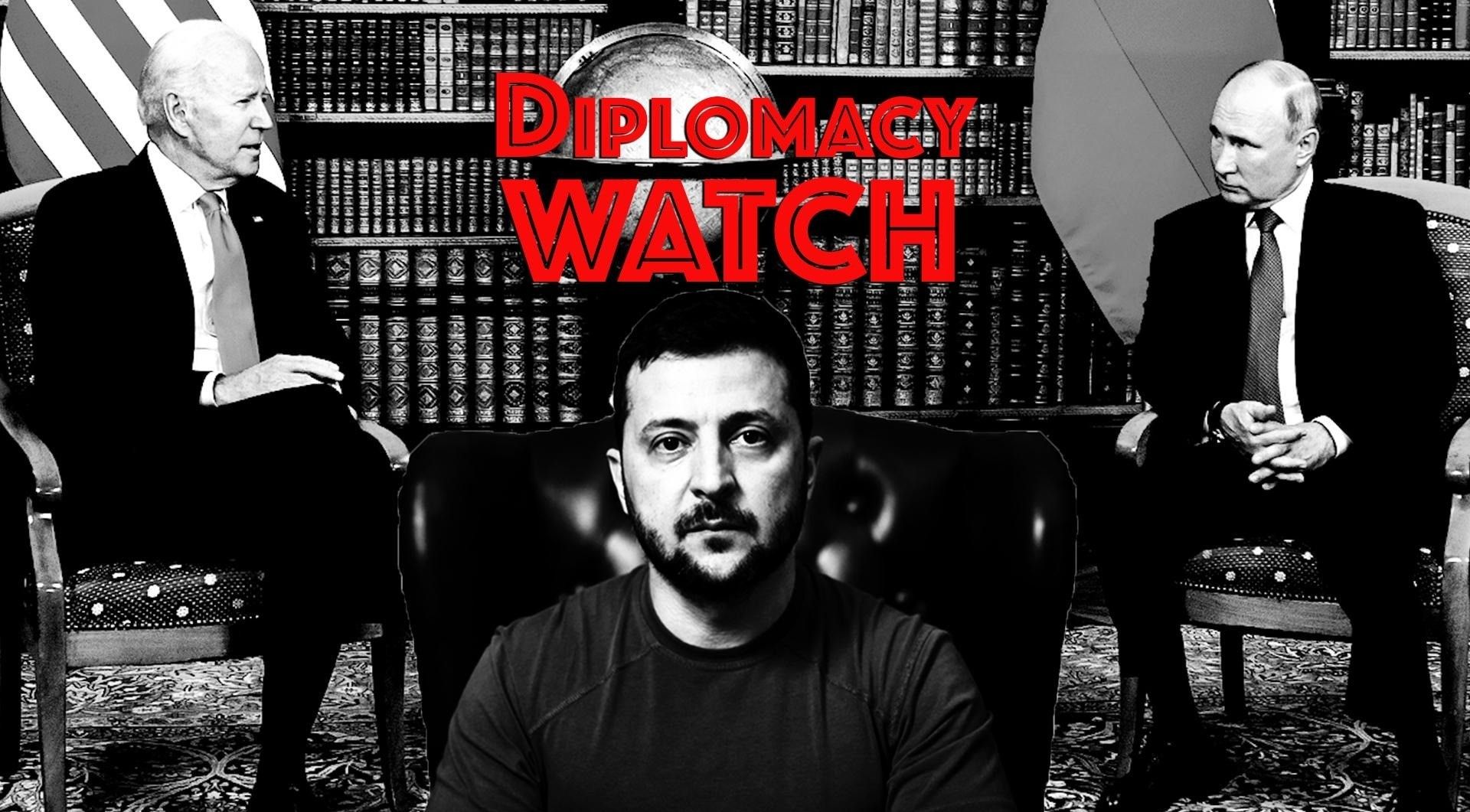“I think we are closer to…peace than we think.” That’s what Ukraine’s President Volodymyr Zelensky told ABC News amid his tour of the United States ahead of his speech at the U.N. General Assembly this week.
Zelenskyy appears to believe we are closer to peace in Eastern Europe because of a plan he says is a blueprint to win the war, one that he presented to President Biden on Thursday.
“Partners often say, ‘We will be with Ukraine until its victory.’ Now we clearly show how Ukraine can win and what is needed for this. Very specific things,” Zelenskyy told reporters ahead of the trip. “Let’s do all this today, while all the officials who want victory for Ukraine are still in official positions.”
There are reportedly military, economic, and diplomatic components of the plan which reportedly includes asks to authorize the use of U.S./UK suppliked long range weapons inside Russian territory, to put Ukraine on a path to NATO and EU membership, and increase sanctions on Russia.
While some European leaders are encouraging the Biden administration to okay long range weapon use, German Chancellor Olaf Scholz — who is facing domestic pressure to help wind down the war — said this week that “Germany will not support lifting restrictions.”
As for Zelenskyy’s so-called “Victory Plan,” the Wall Street Journal reported this week that “the Biden administration is concerned that the Ukrainian leader’s plan for winning the war against Russia lacks a comprehensive strategy and is little more than a repackaged request for more weapons and the lifting of restrictions on long-range missiles.”
European and U.S. officials also said the plan offers no clear path to victory with the most developed part being, according to the Journal, “the first phase — the requests related to weapons — while the rest of the key elements have fewer specifics.”
“I’m unimpressed, there’s not much new there,” one senior official told the Journal.
Meanwhile, President Biden got ahead of his meeting with Zelensky on Thursday, issuing a statement “on U.S. support for Ukraine.”
“I am announcing a surge in security assistance for Ukraine and a series of additional actions to help Ukraine win this war,” the president said, including allocating all remaining security assistance and including an additional $2.4 billion in aid, providing more long range weapons and air defenses, expanding training for F-16 pilots, and offering tools to combat Russian sanctions evasion and money laundering.
The statement does not say anything about allowing Ukraine to strike targets inside Russia with U.S. weapons.
In other Ukraine war related news this week
— Ukraine accused Russia this week of “seeking to illegally seize control of the strategically important Sea of Azov and Kerch Strait, as hearings opened in a high-stakes arbitration case between Kyiv and Moscow,” according to the Associated Press. The hearings — which take place at the Permanent Court of Arbitration in the Hague — are the latest in a series of similar cases involving the two sides since Russia’s invasions of Ukraine in 2014 and 2022.
— Canada’s Finance Minister Chrystia Freeland said this week she’s confident that the West can help fund Ukraine’s war effort with the use of Russian assets, according to Politico. “I’m very confident Ukraine will start getting the money in the coming months,” she said. “At this point what we’re talking about is the technicalities.”
















